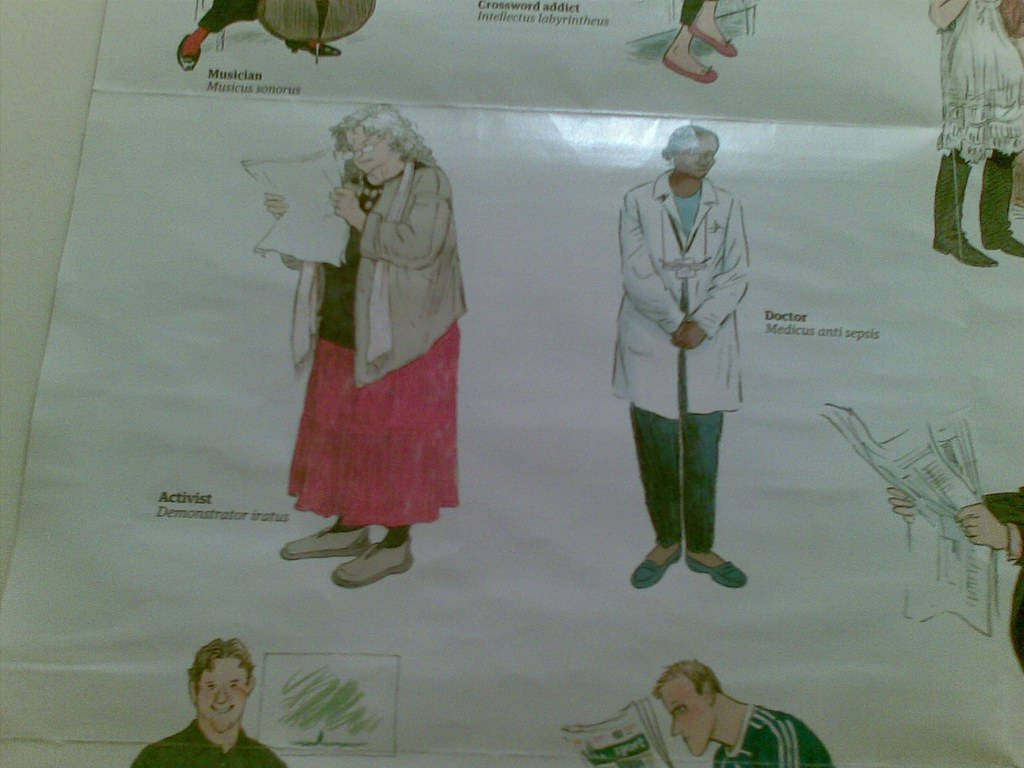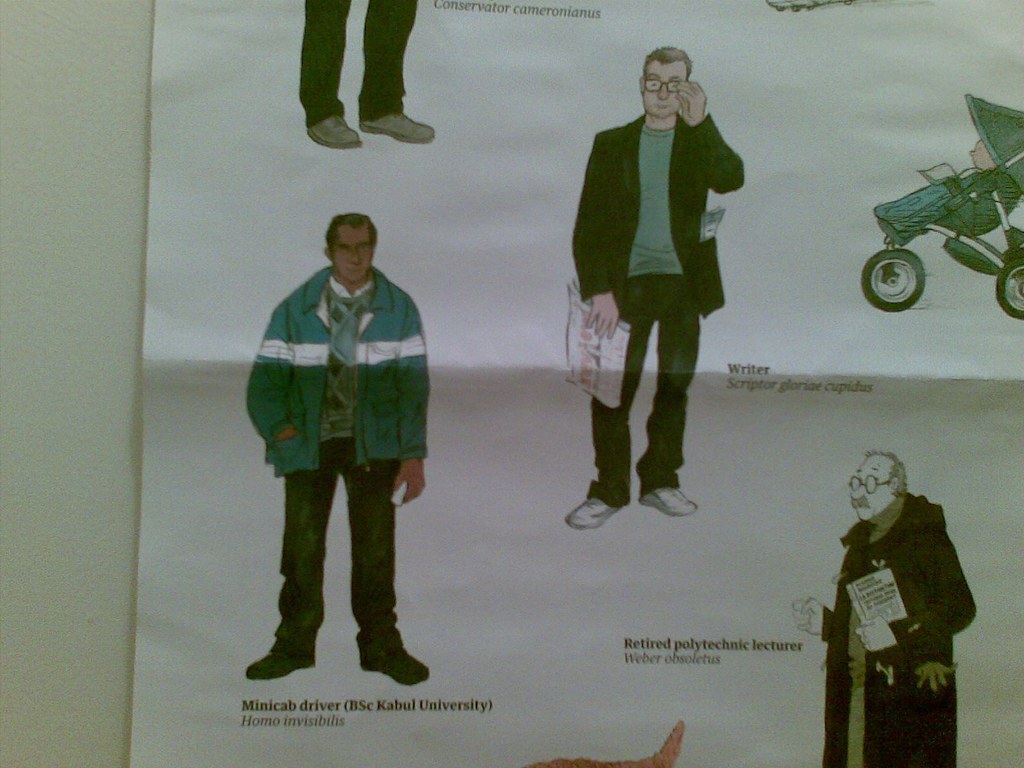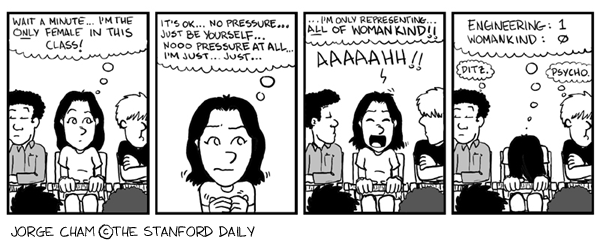Dan Hodgins coordinates the the child development program at Mott Community College. He seems to have some sound advice to parents about developmental stages of children. What he doesn't seem to do so well is neurophysiology. Which is a worry - as he's using it to prescribe educational interventions based on differences between the brains of the sexes that are, for the most part, of dubious significance, some of which are of dubious reality and in once case, are totally made up.
Dan Hodgins has a theory about the "Crockus" which, Hodgins claims, is four times larger in girls than in boys. Apparently, among other ramifications of the difference in size is that "Girls see the details of experiences" whereas boys see the broad picture. He even provides an unlabeled slide showing the size of the Crockus in girls and the size of the Crockus in boys. Strangely however, his slides don't actually show the Crockus - instead using the pars opercularis and the motor cortex as examples of the scale of this structure.
So where is the Crockus? Apparently - nowhere. No literature search/Google search/"shout out" to the neuroanatomy community has managed to find it. Prof. Mark Liberman of Language Lab had a theory. Maybe Hodgins misheard/misremembered "Broca's" or even "Pars Opercularis" as Crockus? Not wishing to just, y'know, hypothesise baselessly, Liberman emailed Hodgins, who replied:
Thanks for asking....The Crockus was actually just recently named by Dr. Alfred Crockus. It is the detailed section of the brain, a part of the frontal lope. It is the detailed section of the brain. You are right, it is four times larger in females then males from birth. This part of the brain supports the Corpus Callosum (the part of the brain that connects the right and left hemisphere. The larger the crockus the more details are percieved by the two sides of the brain.
For boys, usually they only view and analyze the whole picture, not the sum of its details. Girls brains are wired to look at the details first, which then leads them to the whole picture.
Look at the work by Moir.
You think that Liberman would be happy with that explanation, no? It's in the "frontal lope" [sic] - case closed. Over to persnickity Professor Libermann:
This deepens the mystery, I think, because I can't find any likely-looking Alfred Crockus via Google Scholar or Wikipedia or even general web search. I think that the "Moir" he's referring to is the co-author of Anne Moir and David Jessel, Brainsex, 1992. But Amazon offers its "Search Inside" feature for that work, and a search for "Crockus" in it comes up empty.
I have to say - I did find one kind of Crockus - and I would be quite happy if mine was four times bigger than yours! [SFW]



















